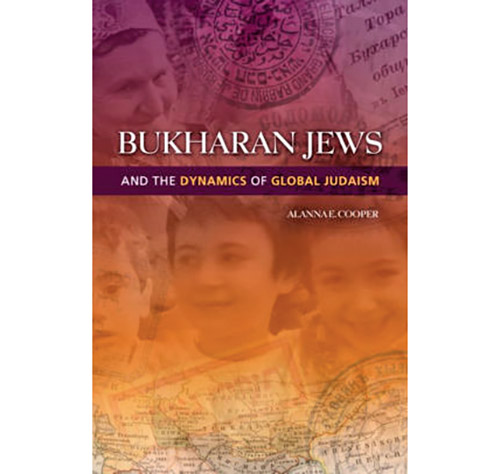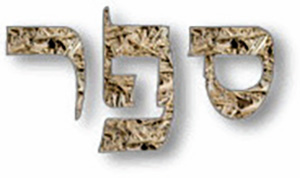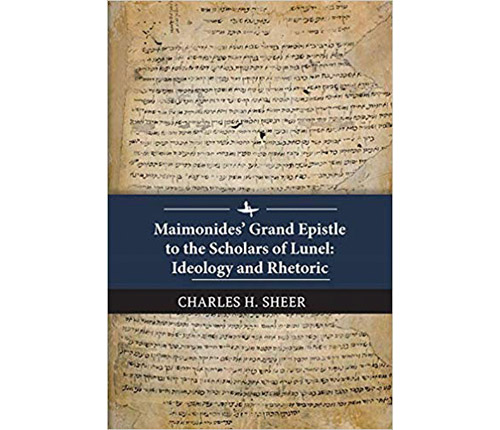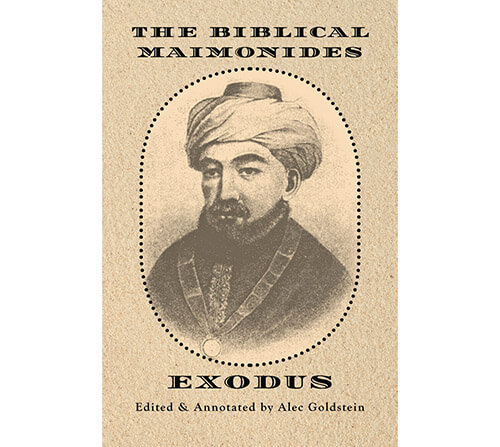
Examining Bukharan Jews and Global Judaism
Reviewing: Bukharan Jews and the Dynamics of Global Judaism by Alanna E. Cooper, Indiana University Press, Paperback, 305 pages, 2012, ISBN-10: 0253006503. Did you ever

Reviewing: Bukharan Jews and the Dynamics of Global Judaism by Alanna E. Cooper, Indiana University Press, Paperback, 305 pages, 2012, ISBN-10: 0253006503. Did you ever

1. The word “nes” appears 21 times in Tanach in various forms. According to the Daat Mikra commentary on Ex. 17:15, in none of these

We all know the term “arei miklat.” The word “miklat” in various forms (miklat, ha-miklat, le-miklat, and miklato) appears 20 times in the Tanach, always

The Tanach has several words for stick: shevet, mateh, mishenet, and makel. What is the difference between them? Let us analyze the easiest one first,

Very often there are words in Tanach that did not originate in Hebrew and are foreign “loanwords.” Here I am going to discuss some of

This root has a few meanings in Tanach: the verbs “count,” and “tell a story,” and the nouns “sefer” (= letter or scroll), and “sofer”

Reviewing: “Maimonides’ Grand Epistle to the Scholars of Lunel,” by Charles Sheer. Academic Studies Press. 2019. English. Paperback. 100 pages. ISBN-13: 978-1618119612. One of the

Just to review, Golda was born in Kiev in 1898. She came to the U.S. with her mother and two sisters in 1906. They came

Part I We have a book in our shul library: “My Life,” an autobiography by Golda Meir. I thought it would be interesting to summarize

Reviewing: “The Biblical Maimonides (Exodus): The Writings of Moses Maimonides Arranged According to Torah Verses,” by Alec Goldstein. Kodesh Press. 2019. English. Paperback. 506 pages.

Today, all synagogues throughout the world read the same parshah every week. (Of course, there are brief periods where the Jews in Israel get ahead

Hebrew has a root Y-R-H. It means to “proclaim/instruct.” This is the root of the word TORaH. (In the noun form of Y-R-H, the “yod”